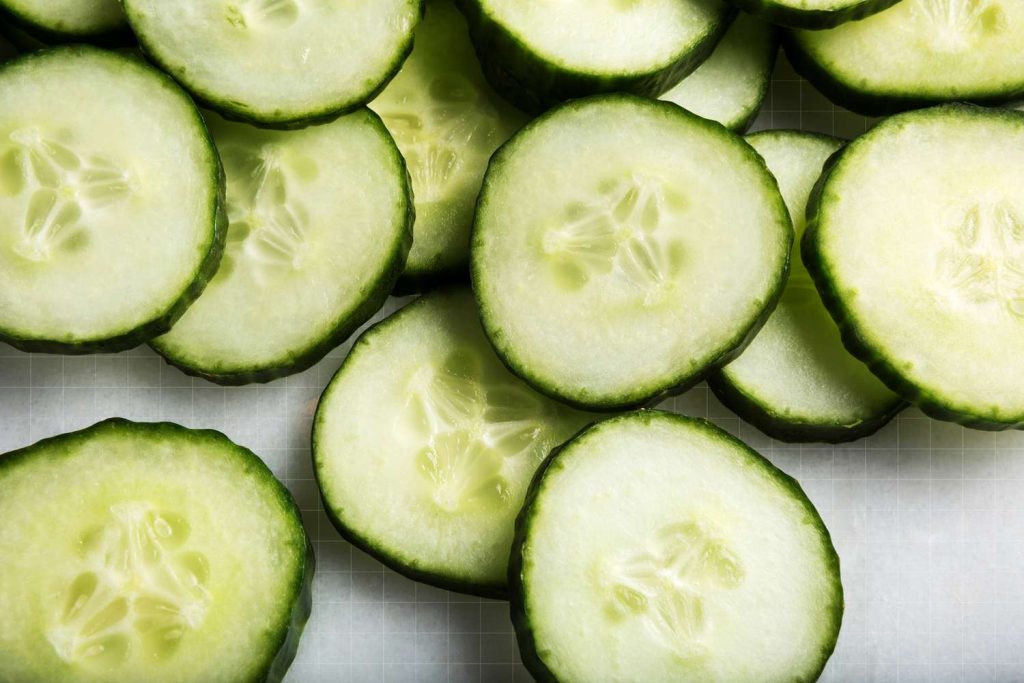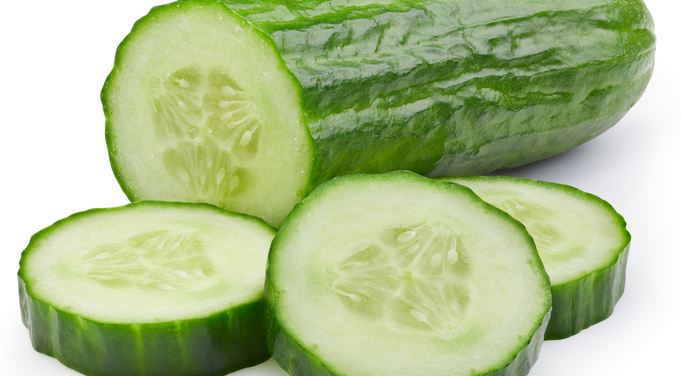Cucumbers are often praised for being a crisp, hydrating and low‑calorie addition to meals. But even foods we consider harmless can carry caution flags for certain individuals. I want to walk you through four types of people who should definitely rethink or moderate their cucumber intake even though for most folks, cucumbers remain a fine choice.
1. Those With Digestive Sensitivities
If you struggle with digestive issues like irritable bowel syndrome (IBS), bloating or frequent gas, cucumbers might not always be as benign as they appear. Although high in water content and fiber, these same properties can produce a rapid movement through one’s digestive tract, or result in gas production. Some people report indigestion or discomfort after consuming large amounts. If you fall into this category, it’s wise to test a small portion, peel if necessary, and monitor how your body responds before diving into full cucumber salads.

2. Individuals on Blood‑Thinning Medication
Cucumbers contain vitamin K — a nutrient essential for proper blood clotting. While this is a healthy trait for most, if you are on anticoagulants (blood‑thinners) such as warfarin, you’ll want to be cautious. Vitamin K can interfere with how those medications function, potentially making your clotting cycle less stable. In such cases, moderation and consistency are key — rather than large or unpredictable amounts of cucumber, keep your intake stable or consult with your healthcare provider.
3. Those With Certain Allergies or Cross‑Reactivity
Believe it or not, cucumbers can trigger allergic or pseudo‑allergic reactions in some people — especially if you have sensitivity to pollen or certain botanical families. For example, people with hay‑fever may experience oral allergy syndrome when they consume fresh cucumbers: itching, tingling, swelling in the mouth or throat. If you notice these symptoms, it’s wise to pause eating cucumbers and speak to an allergist who can help you determine whether cucumbers or related produce are safe for you.
4. Those With Kidney or Heart‑Related Risks (When Intake is Very High)
While cucumbers generally support hydration and cardiovascular health, when consumed inordinate amounts, even water‑rich foods can place unexpected stress on the body. For instance, cucumbers contain potassium — which is generally heart‑healthy — but for someone whose kidney function is compromised, high potassium loads can become problematic. If you have chronic kidney disease, a heart condition, or are advised to limit fluid/potassium intake, always check with your doctor before freely consuming high volumes of water‑rich vegetables like cucumber.

Think Smart: What This Means for You
For most people, cucumbers remain a great snack: hydrating, low in calories, and a refreshing change from heavy processed foods. But “great” doesn’t mean “universally risk‑free.” The takeaway? If you don’t fall into the above categories, enjoy cucumbers freely. But if you do — whether due to digestive issues, blood‑thinning meds, allergies, or kidney/heart concerns — approach them with the same care you’d apply to any food with a caveat.
My Personal Tip
I asked myself: if I were in one of those categories, how would I proceed? I’d start with just a few slices, observe any reaction over 24‑48 hours, and keep my diet consistent so my body has a “baseline” to compare to. I’d also inform my doctor or nutritionist of the frequency and volume.
In the end: don’t ditch cucumbers entirely unless advised — just tailor your intake to your specific health context. That way, you keep the benefits while avoiding the “hidden side” of what seems like a simple veggie.

















